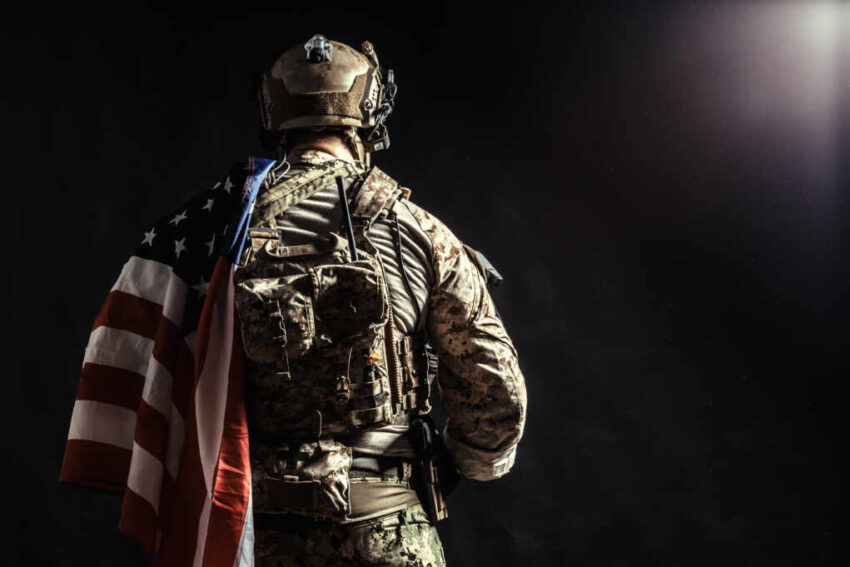As Los Angeles teeters on the brink due to unrelenting riots and looming wildfires, Trump’s controversial National Guard deployment underscores a city grappled by dual crises.
At a Glance
- Trump sends 2,000 National Guard troops to L.A., sparking Democratic backlash.
- The measure follows violent riots stemming from immigration-related protests.
- Local leaders like Gov. Newsom oppose federal intervention as unnecessary.
- Republican leaders defend the deployment, calling it necessary for rule of law.
Crisis Response Amid Protests and Wildfires
The current unrest in Los Angeles, driven by anti-ICE protests which exploded into violent riots, triggered federal intervention. President Trump, citing ineffective state and local leadership, chose to deploy 2,000 National Guard troops to the city. This controversial decision comes amidst a backdrop of recent wildfires, adding to the region’s turmoil.
California Governor Gavin Newsom and Los Angeles Mayor Karen Bass, however, oppose the federal involvement. They argue that such actions only exacerbate tensions, claiming no request was made for military aid. In their view, this puts unnecessary stress on a community already strained by calamities.
Polarizing Leadership and Response
Trump’s move comes at a time when 44 people have been arrested in recent ICE raids, highlighting the contentious immigration policies fueling these protests. Meanwhile, key Republican leaders, including House Speaker Mike Johnson, endorse the deployment, attributing it to local leaders’ alleged failures. They emphasize the necessity of upholding federal laws and restoring peace.
“I have no concern about that at all. I think the president did exactly what he needed to do. These are federal laws, we have to maintain the rule of law, and that is not what is happening. Gavin Newsom has shown an inability or unwillingness to do what is necessary there, so the president stepped in. That’s real leadership, and he has the authority and the responsibility to do it.” – Mike Johnson.
Critics, including Senator Cory Booker, argue the intervention breaks from tradition, pointing fingers at Trump’s alleged inconsistency. They suggest that his current actions differ starkly from his inaction during the January 6 Capitol riots. These dual narratives reflect the broader political polarization surrounding federal interventions.
Political and Social Tensions
The decision to federalize the California National Guard marks the first time since the 1965 Selma civil rights march that troops are deployed without a governor’s request. This escalation reflects deep divisions, with Democratic figures arguing it only provokes further unrest. Specifically, Rep. Nanette Barragán decried the military presence as escalating tensions.
“There is no need for the National Guard. They have the manpower that they need. So this is really just an escalation of the president coming into California. We haven’t asked for the help. We don’t need the help. This is him escalating it, causing tensions to rise. It’s only gonna make things worse in a situation where people are already angry over immigration enforcement.” – Nanette Barragán.
As the National Guard prepares to enforce order, the threat of active-duty Marines looms if violence continues. This volatile mix demands not only physical resolution but also attentive leadership that addresses the underlying factors of discord, ensuring long-term peace rather than a temporary fix.
Click this link for the original source of this article.
Author: Editor
This content is courtesy of, and owned and copyrighted by, https://republicanpost.net and its author. This content is made available by use of the public RSS feed offered by the host site and is used for educational purposes only. If you are the author or represent the host site and would like this content removed now and in the future, please contact USSANews.com using the email address in the Contact page found in the website menu.








